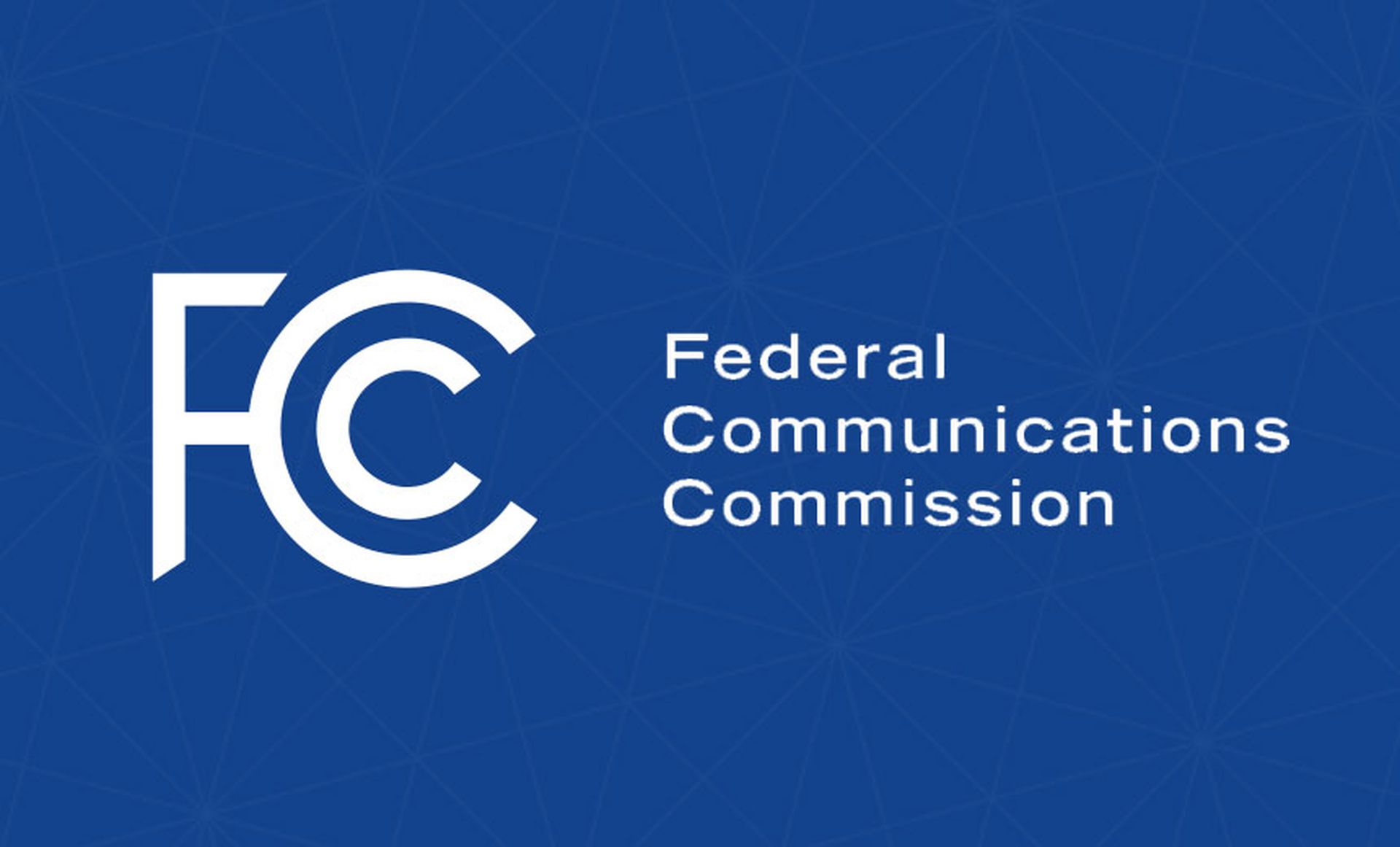Yes, the FCC robocall ban has been officially confirmed and you will no longer get random commercial calls from an AI voiceover.
The Federal Communications Commission (FCC) continues its campaign against the scourge of robocalls. Their latest move makes waves in the ongoing battle: a definitive declaration that robocalls using AI-generated voices are illegal.
The FCC robocall ban promises to offer crucial protection against misleading and fraudulent robocalls in the future.

Why did the FCC robocall ban happen?
The FCC robocall ban, specifically targeting AI-generated voices, emerged as a response to a growing epidemic of automated calls plaguing Americans. Robocalls had become notoriously disruptive, with an enormous volume of calls aimed not just at annoyance, but often at scamming vulnerable individuals out of money and sensitive information. As technology advances, AI-powered voice cloning poses a particularly troubling new threat in that it can basically be classified as a deepfake. The ability to realistically mimic anyone’s voice made it increasingly challenging to distinguish legitimate calls from potential fraud.
While the existing Telephone Consumer Protection Act (TCPA) set restrictions on automated calls, a crucial question remained: did AI-generated voices fit under the definition of ”artificial voice” as outlined in the law? Addressing this ambiguity was key to enabling stronger enforcement.
The FCC’s response came in response to mounting public discontent with robocalls and heightened awareness sparked by high-profile cases, like the fraudulent Biden robocall. After thoroughly researching the issue and consulting experts, the FCC determined that AI-generated voices indeed qualified as illegal under current robocall regulations.

Deterrence, protection, and the FCC robocall ban
The recent case highlighting a fake President Biden robocall likely influenced the FCC’s timing. However, it’s crucial to remember – this call was illegal regardless of the AI voice; it violated robocall rules and possibly aimed to suppress voters. It was simply a high-profile demonstration of why further protections were needed.
Before the FCC’s ruling, an AI-cloned voice, though potentially illegal in other ways, wasn’t directly actionable as an automated call violation. Now, that gray area has been eliminated. In future legal actions against malicious robocallers, the fact that an AI-generated voice was used becomes additional evidence supporting prosecution.
What’s in the FCC Ruling?
In the FCC’s declaratory ruling, the FCC states:
“Our finding will deter negative uses of AI and ensure that consumers are fully protected by the TCPA when they receive such calls… Requiring consent for such calls arms consumers with the right not to receive such calls or, if they do, the knowledge that they should be cautious about them”.
-Federal Comunications Comission
This stance demonstrates that the FCC understands the unique risk that AI voice cloning poses. These fraudulent calls exploit consumers’ trust and make it easier than ever to impersonate loved ones or trusted entities. The FCC’s action adds protection while simultaneously highlighting the need for awareness and skepticism about potential scam calls.

How the FCC robocall ban could be undermined?
The FCC’s fight for consumer protection doesn’t end here. A major threat looms on the horizon—a pivotal Supreme Court decision could cripple regulatory agencies like the FCC. If things go sideways, we might see a future where unchecked robocalls and environmental deregulation thrive. Yikes!
And here is what you need to do about AI-powered robocalls:
- Record: If you get a suspicious AI-voiced robocall, try to record it
- Report: Inform your state’s Attorney General – many have joined an alliance dedicated to fighting robocalls
Let’s be clear – simply using AI voices in automatic calls isn’t always illegal. For example, an AI-voiced doctor notifying you of an upcoming appointment (one you consented to!) is perfectly fine. The FCC robocall ban specifically targets unauthorized/unsolicited use of AI voice technology in automated calls.
The fight against robocalls is complex, and while the FCC robocall ban might not bring them to a screeching halt, it’s a powerful step in the right direction.
Featured image credit: Freepik.





